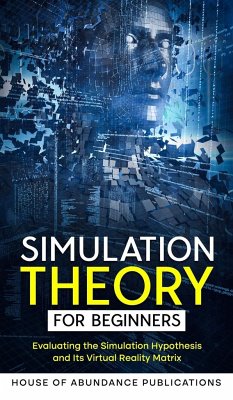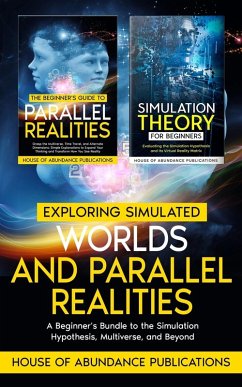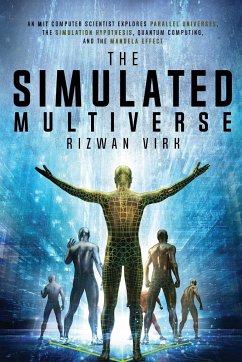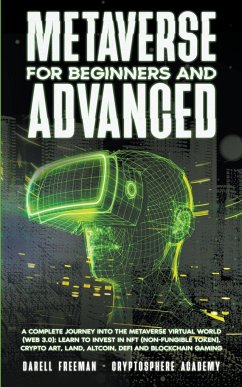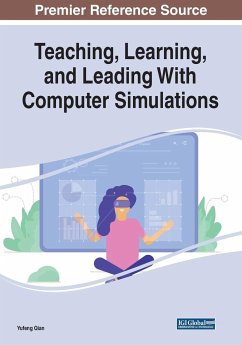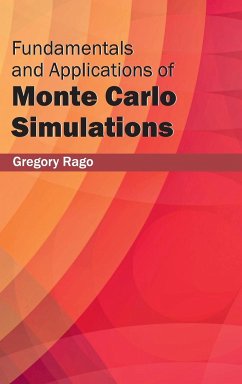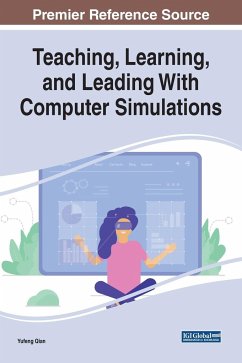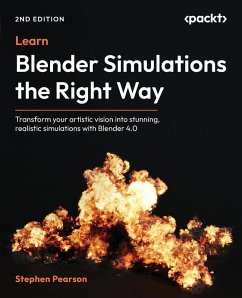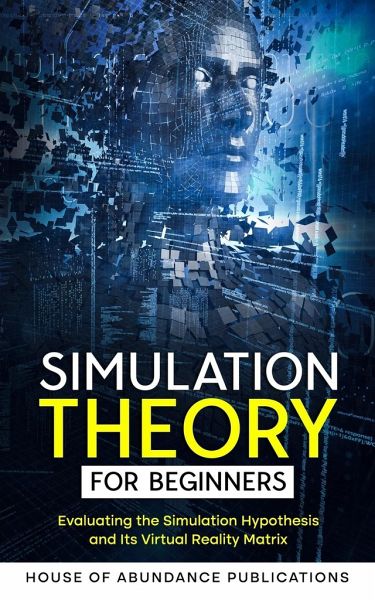
Simulation Theory for Beginners
Evaluating the Simulation Hypothesis and Its Virtual Reality Matrix

PAYBACK Punkte
6 °P sammeln!
Simulation Theory for Beginners provides an accessible introduction to the controversial notion that reality as we know it is an advanced computer simulation. Covering the basic concepts and arguments surrounding simulation theory, this book evaluates the primary evidence proposed by proponents of the simulation hypothesis. It explores philosophical questions about the nature of reality and whether we can honestly know if the world around us is "real" or just a highly high-fidelity virtual construct. The book introduces readers to simulation theory pioneers like Nick Bostrom, whose 2003 paper ...
Simulation Theory for Beginners provides an accessible introduction to the controversial notion that reality as we know it is an advanced computer simulation. Covering the basic concepts and arguments surrounding simulation theory, this book evaluates the primary evidence proposed by proponents of the simulation hypothesis. It explores philosophical questions about the nature of reality and whether we can honestly know if the world around us is "real" or just a highly high-fidelity virtual construct. The book introduces readers to simulation theory pioneers like Nick Bostrom, whose 2003 paper "Are You Living in a Computer Simulation?" brought the idea into the mainstream. It explains Bostrom's statistical argument that if advanced civilizations can run complex ancestor simulations, we are likely already living in one. Critics argue this relies on unproven assumptions. Moving beyond philosophy, the book looks at concepts from quantum physics, like quantum indeterminacy, that some have interpreted as evidence for simulation theory. It also covers Elon Musk's views on the topic, including his estimate that there's a "one in billions" chance reality is not a simulation. Written for curious lay readers and those with computer science, philosophy, and physics backgrounds, Simulation Theory for Beginners gives a balanced tour through this fascinating matrix of pseudo-reality we may be living in. It provides an introductory field guide to evaluating the arguments, critical thinking, and implications of one of today's most mind-bending theories.





